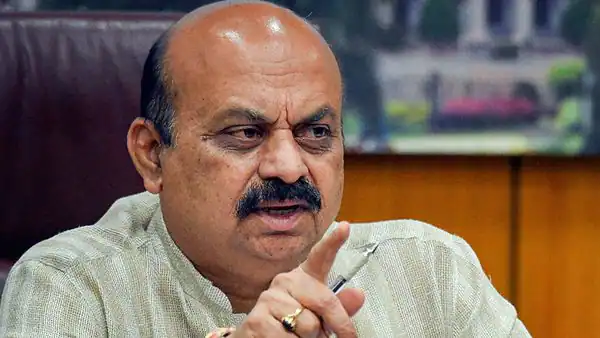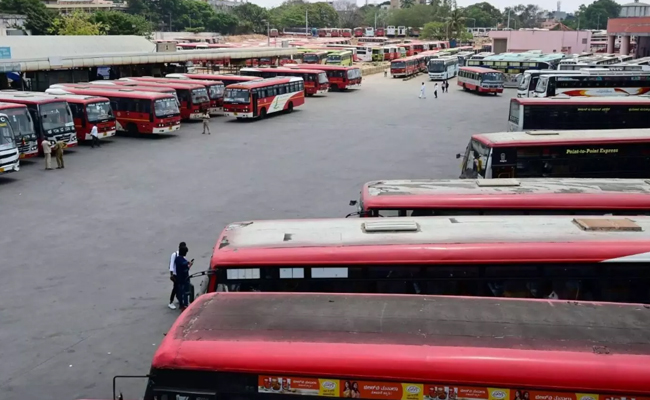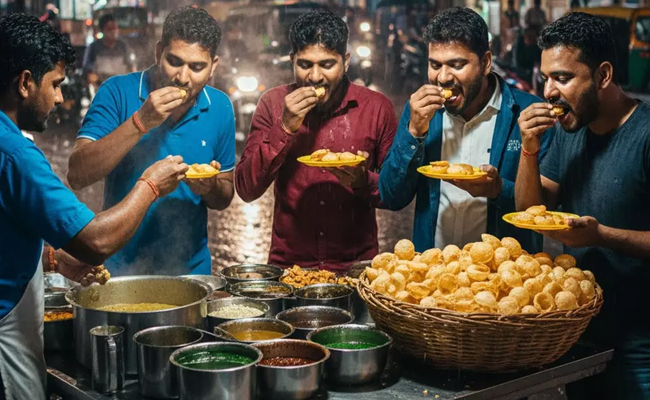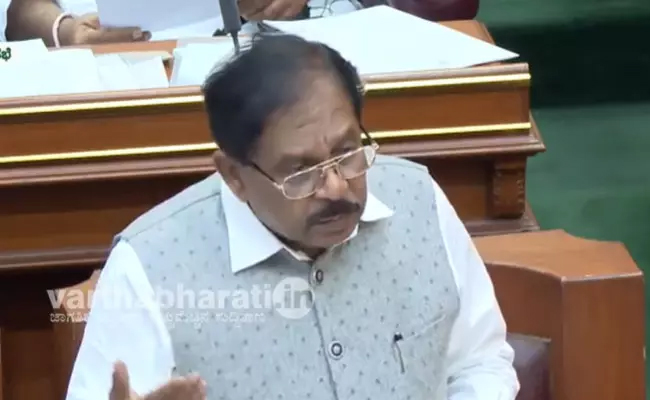Chitradurga (KTK), Mar 4: Karnataka Chief Minister Basavaraj Bommai on Saturday dismissed the Congress demand for his resignation following the recovery of Rs 8.23 crore cash from BJP MLA Madal Virupakshappa's son Prashanth Kumar M V, saying that the opposition party is left with no other job.
Hitting out at former chief minister Siddaramaiah, he said there were 59 corruption cases, which could not be investigated because he had weakened the Lokayukta institution by bifurcating it and creating an anti-corruption bureau.
Speaking to reporters here, he said his government has given independence to the Lokayukta which made the impartial probe possible.
"The opposition has no other job other than seeking my resignation. I would like to ask Siddaramaiah whether he had resigned as chief minister when Rs two lakh was found from a minister's house," Bommai said.
He also said that Siddaramaiah would have been arrested had there been a strong Lokayukta in the state.
"Siddaramaiah had weakened the Lokayukta institutions to cover up such cases. Today the impartial probe is taking place due to a strong Lokayukta," Bommai said.
The Congress which shut 59 cases cannot wash off its sin by making these allegations, the Chief Minister said adding that the Congress resorted to demonstration and was seeking my resignation to cover up its corruption cases.
Stating that his government has waged a fight against corruption he said no one would be spared irrespective of the party affiliation.
"It's our battle against corruption irrespective of party affiliations. If there is anyone who has morality then it is us. We are very clear. Our policies are very clear. Whoever indulges in such an act, we have given independence to the Lokayukta to probe it impartially. The law is doing its duty and the guilty will be punished," Bommai said.
More than Rs eight crore unaccounted cash has been seized in subsequent raids at various locations by Lokayukta two days ago. Prashanth, a Karnataka administrative services officer, is the son of Madal Virupakshappa, the MLA representing Channagiri constituency in Davangere district of the state.
Lokayukta sources said apart from cash, documents for huge investment in land, gold and silver were also found from the MLA's house.
The MLA Virupakshappa, who resigned as the Karnataka Soaps and Detergent Limited chairman, the office where his son was caught red-handed receiving cash, termed the trap a conspiracy against him.
Let the Truth be known. If you read VB and like VB, please be a VB Supporter and Help us deliver the Truth to one and all.
Bengaluru: The Karnataka State Road Transport Corporation will operate 1000 additional special services in view of the Christmas festival.
In addition to the existing schedule, the special services will run on 19.12.2025, 20.12.2025 and 24.12.2025. Further, special buses will be operated from various places of intra & Interstate places to Bengaluru on 26.12.2025 & 28.12.2025.
Special buses will be exclusively operated from Bengaluru Kempegowda Bus Station to Dharmastala, Kukkesubramanya, Shivamogga, Hassan, Mangaluru, Kundapura, Shringeri, Horanadu, Davangere, Hubbali, Dharwad, Belagavi, Vijayapura, Gokarna, Sirsi, Karwar, Raichur, Kalaburagi, Ballari, Koppala, Yadgir, Bidar, Tirupathi, Vijayawada, Hyderabad and other places.
ALSO READ: Bengaluru: Shopkeeper stabbed for refusing to serve free panipuri
Special buses from Mysuru Road Bus Station will be exclusively operated towards Mysuru, Hunsur, Piriyapatna, Virajpet, Kushalanagar, Madikeri.
The corporation has also announced a discount of 5 per cent on the fare if four or more passengers book tickets under a single reservation. A discount of 10 per cent will be extended on return journey tickets if onward and return tickets are booked simultaneously.
In addition to the above, special buses will be operated from all Taluk/District Bus Stands in the jurisdiction of KSRTC based on the traffic needs.





